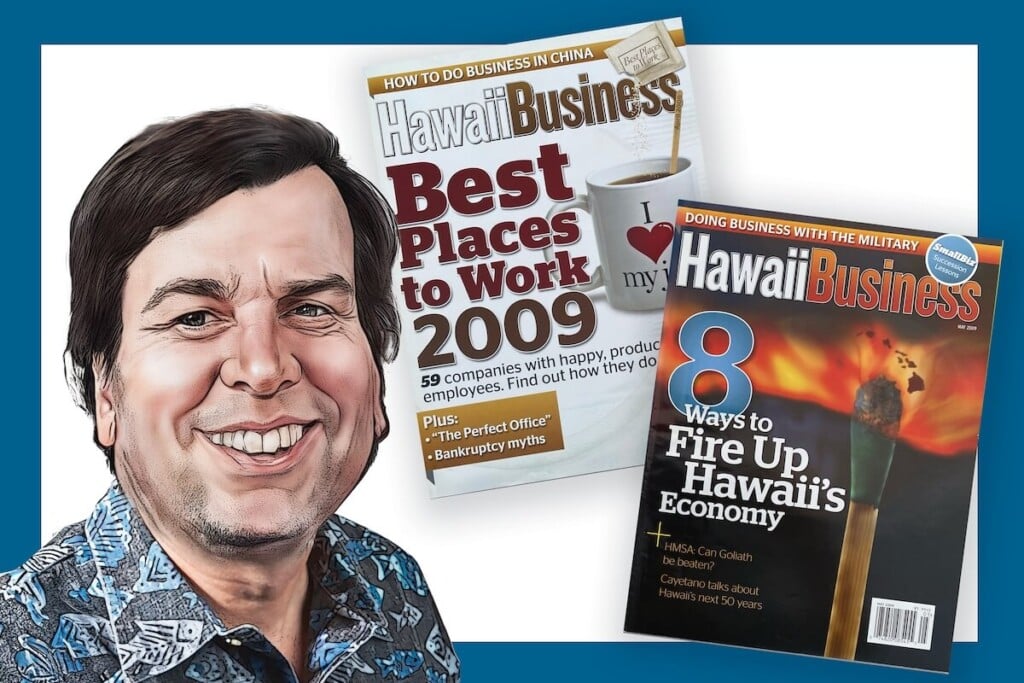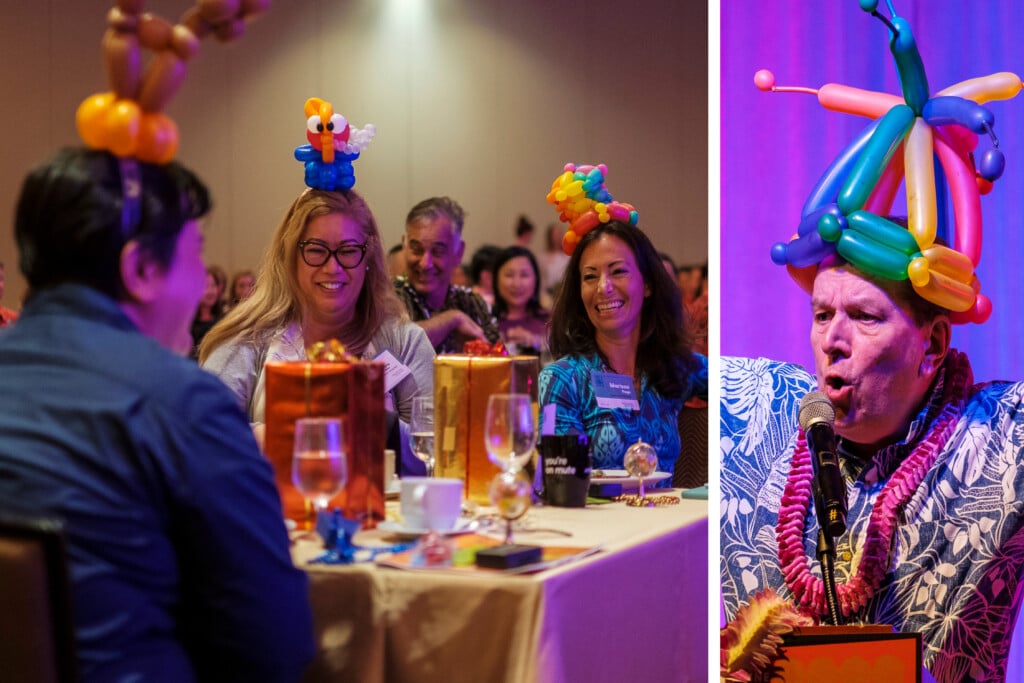Editor’s Note on News Media

A contradiction of our age is that we have more access to information about politics and government than ever before, yet a smaller and smaller percentage of Hawai‘i’s people find it worthwhile to vote.
How to reverse that decline in voter participation is one of several issues we tackle in our CHANGE Report on Government and Civic Engagement. There are many potential reasons for the decline in voter participation, including the changing role of the news media.
My feeling is we can never get enough high-quality news. When journalists cover important stories from different angles or cover lots of different stories, the public has more information to understand their world and to act on that knowledge.
But the proliferation of fake news and highly partisan coverage hurts the public interest and may be one reason behind declining voter turnout. I believe independent news media are essential to a thriving democracy – as did our Founding Fathers – but people’s trust in journalists has declined and we often become punching bags in partisan battles over news.
I agree that many information sources today are unreliable and lack credibility. Citizens need to be able to distinguish between good and bad sources – and political partisanship is not a good lens. My wife is a journalism professor at UH Mānoa who regularly teaches a class in media literacy, and she is often alarmed by her students’ inability to distinguish between different media they consume, such as news, opinion and advertising.
This is not a problem particular to young people. If you really want to annoy me, tell me, “The media says …” and I will respond that the media are thousands of different voices saying many different things. Don’t think of media as a single thing.
The business model for news media is changing. Many outlets have closed or gutted their newsrooms and deserts have cropped up across the Mainland where local news reporting – especially on local politics – is rare or extinct. Thankfully Hawai‘i still has many news choices. I spent 18 years as an editor at the Honolulu Star-Bulletin and five at The Honolulu Advertiser, but now there is just one daily newspaper in the city and it’s thinner than before – both in print pages and newsroom staff.
There are still daily newspapers on each major Hawaiian island – in fact, two on Hawai‘i Island – but they too offer fewer stories than before.
Most people get their news from TV – locally and nationally – and Hawai‘i is still served by three TV newsrooms in Honolulu. Hawai‘i Public Radio offers a decent amount of local news and local talk shows, though local news is otherwise hard to find on the radio dial.
Thank goodness for Honolulu Civil Beat, which launched in 2010 and filled the gap in public affairs reporting at virtually the same time that Honolulu became a one-paper town. Civil Beat has grown and reflects a national trend: the birth and growth of nonprofit news media, often founded by wealthy patrons, that ask for donations much like public radio and TV have done for decades. They are welcome additions to our media landscape and I suspect their influence will grow as many for-profit news companies struggle to find a viable business model.







